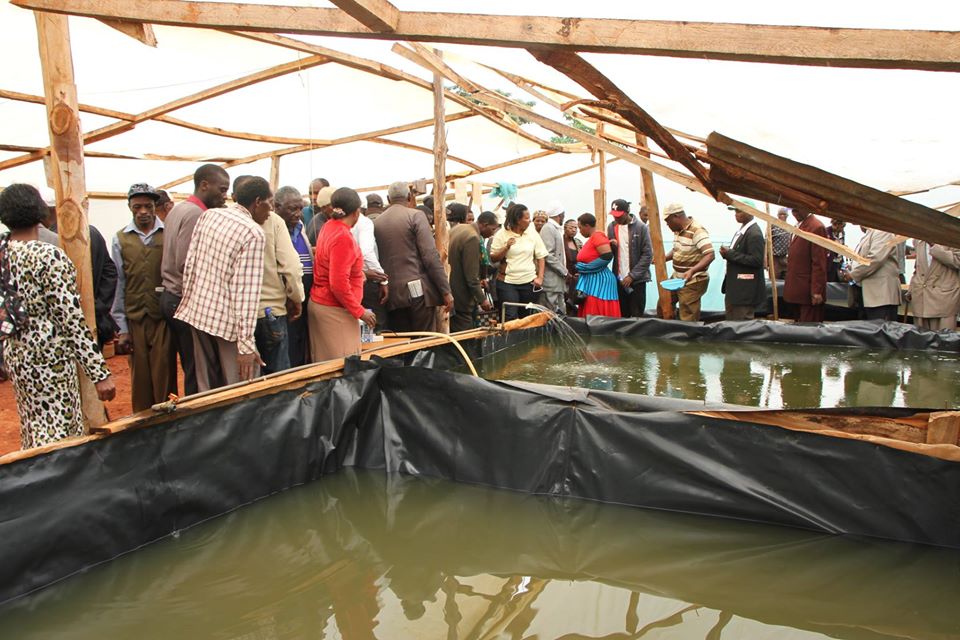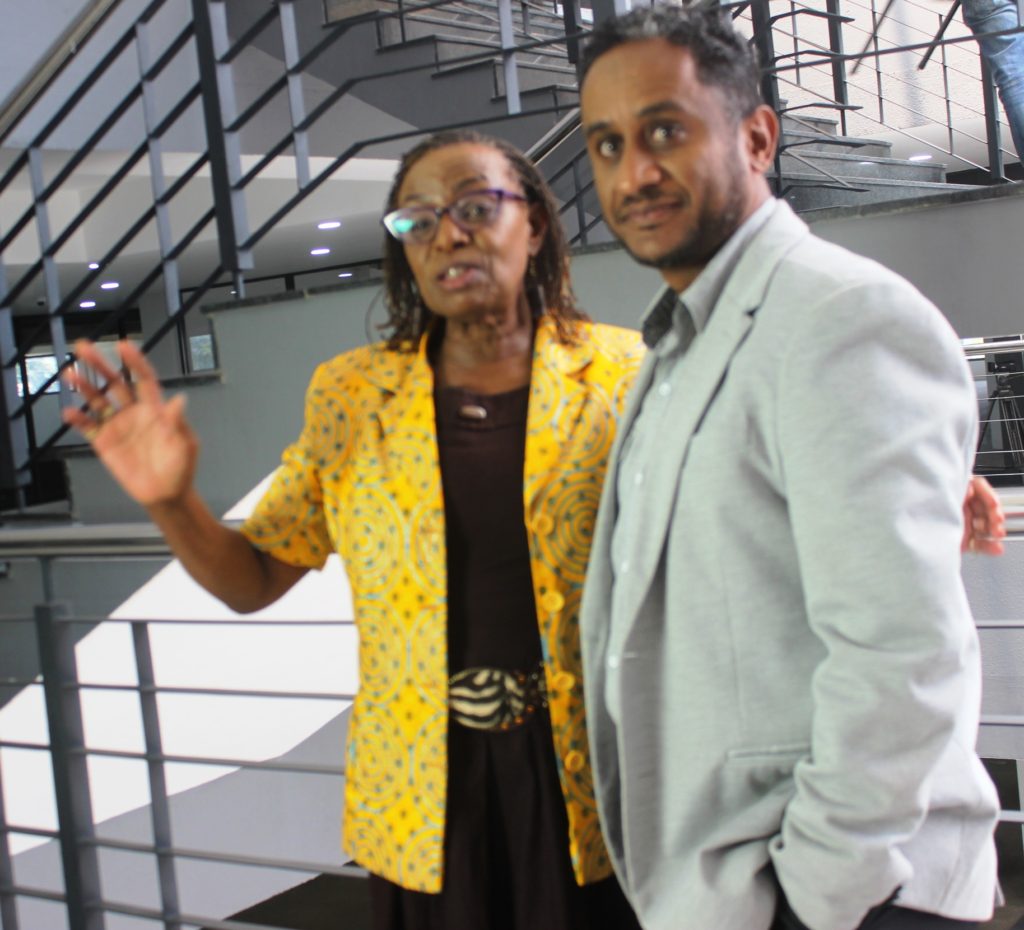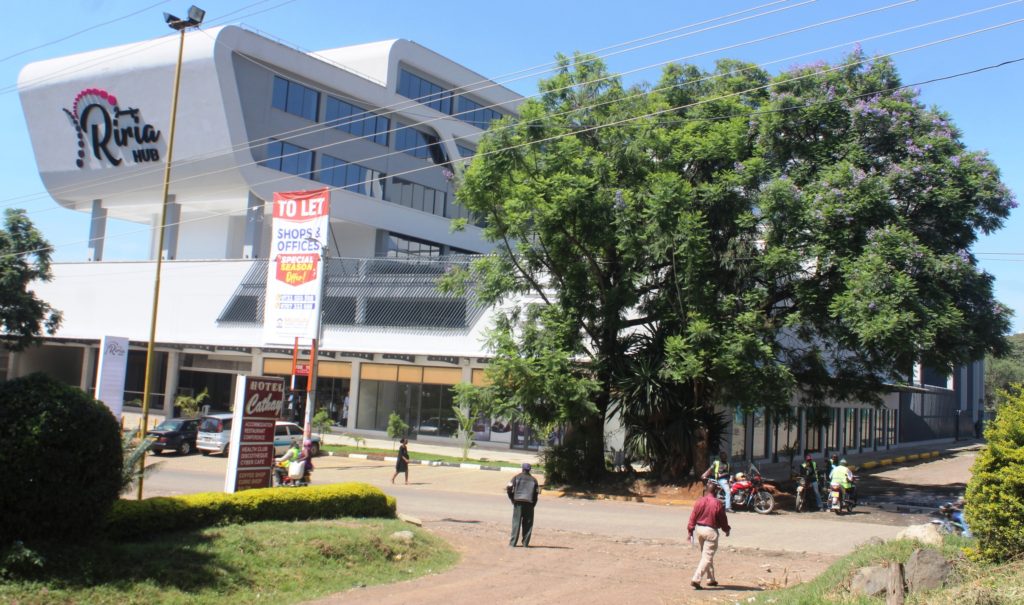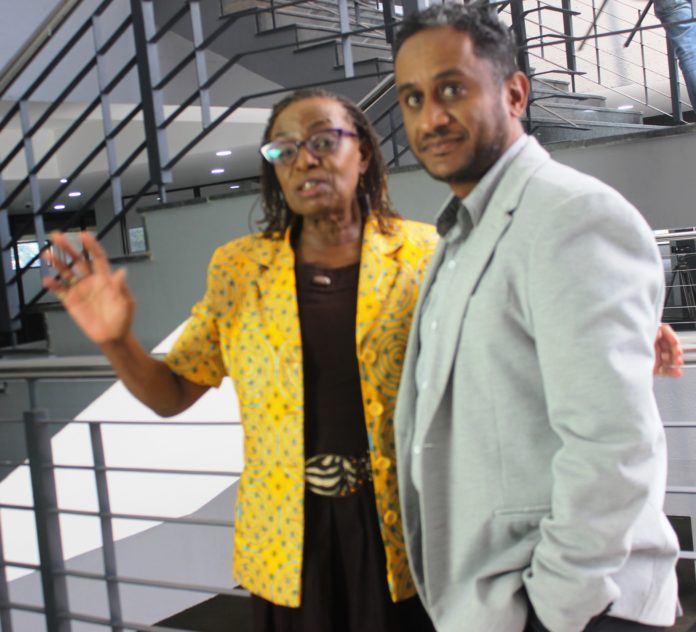|
Getting your Trinity Audio player ready...
|
By Lilian Museka
International Women’s Day is a worldwide event that celebrates women’s achievements, from all leadership spheres to ensure gender equality. A day celebrating the social, economic, cultural and political impact women have made over the years.
It has been observed since the early 1900s and is now recognized each year on March 8. It brings together governments, women’s organizations, corporations, and charities. This year’s theme is ‘Each for Equal’ calling for equal opportunities for both genders.
In Kenya, many strong women emerged who raised their voices against patriarchy and thus made a mark in history. Some ventured into social entrepreneurship and are making a tangible difference in improving the lives and economic prospects of Africa’s most needy people and communities.
To celebrate the inspirational work of Kenya’s leading women social entrepreneurs, during this year’s celebrations we share a remarkable story of one lady and whose work has touched many lives. We feature Dr. Jennifer Riria, who is at the helm of Echo Network Africa.
Knowing very well that financial services play a critical role in reducing poverty, permanent access to financial services can help poor people take control of their lives.
However, a 2019 FinAccess Household Survey conducted by the Central Bank of Kenya (CBK), Kenya National Bureau of Statistics (KNBS) and Financial Sector Deepening Kenya (FSD Kenya) show that while the financial access gap between male and female is closing, disparities still remain. It states that access to finance by males is higher than that for females in the population.
“To overcome poverty, both men and women need to be given the same opportunity to be able to borrow, save, and invest and protect their families against any future risks,” says Dr. Ririra, whois the Chief Executive Officer at Echo Network Africa.
Echo Network Africa (ENA) is a woman-led organization that has over 900,000 female members in Kenya, with a mandate to empower and advocate for them by providing both financial and non-financial services to help improve their livelihoods.

It was formerly known as Kenya Women Holding (KWH) when the institution was founded through the Kenya Women Microfinance Trust (KWFT) in 1982 to provide financial and non- financial services to Women entrepreneurs.
“Good management of small assets can be crucial to the survival of poor people especially women who live in precarious conditions, threatened by lack of income, shelter, and food. Direct access to financial services can allow them to progress from hand-to-mouth survival to planning for the future, acquiring physical and financial assets, investing in better nutrition, health and education. This is we have worked so hard to ensure the survival of KWH, now Echo Network Africa” Says Dr. Riria.
However, Riria explains that in 2009, the Central Bank of Kenya introduced new rules to regulate the microfinance sector. This she adds that led to the creation of two institutions complementing each other, namely the Kenya Women Finance Trust (KWFT) being the lending institutions providing financial services while Kenya Women Holding providing development services.
Dr. Riria says that KWH established a niche in providing non-financial services and advocating for women in democratic processes and development initiatives such as agriculture, entrepreneurship, health and mentorship programs for the youth.

Explaining why they rebranded to ENA in 2018, the overall CEO says people always confused the bank with the holding company adding that the rebranding was to differentiate the two brands and give each institution to carry out their distinct functions. ENA has since expanded its work in the entire African region
But how did Dr. Riria get to the helm of ENA? I grew up in a poor background and witnessed how women were mistreated by the community. My mother and other women would be made to do a lot of work and sometimes abused. “
She graduated from the University of Dar Salaam and pursued further studies in the UK and returned to Kenya to complete her Ph.D. at Kenyatta University. Her thesis topic was: women, Education and Development and this is seen as a lead to her passion for advocating for women’s economic empowerment.
Dr. Riria later taught at KU for ten years before being roped in the United Nations where she took a serious journey that eventually led her into the world she is now.
She explains that the UN asked her to join KWFT in 1991 when the organization was facing financial challenges and was on the verge of collapse. “Despite my lack of experience in financial management, I bravely took up the challenge. I served in all capacities as a loan officer, accountant, and auditor. I understood what the organization meant to the poor women so I worked hard to ensure it stood firm,” she adds.

Today ENA has become a model institution providing the over 900,000 women with a sustainable livelihood through their products.
Some of the activities they engage in apart from giving loans (as done by the KWH subsidiary), ENA builds the capacity of women to engage in aquaculture in collaboration with the Ministry of Agriculture, Livestock and Fisheries. “We also train women on entrepreneurship skills, financial literacy, and fish farming,” she adds.
ENA also engages in bringing together stakeholders in the aquaculture value chain to increase market access and quality inputs to develop and implement revolving funds that enable women to access finances through the co-guarantee mechanism.
“We also implement initiatives that address HIV related human rights violations, gender biases, harmful cultural sexual gender-based violence along the aquaculture chain. This we do through awareness and education on HIV/AIDS and sexual reproductive health and developing beach management units’ policy.
ENA is also part of TUVUKE, a civil society platform that advocates for a peaceful, inclusive and just society, in a bid to enhance women’s meaningful participation in the reform process.
The organization is also involved in youth empowerment where they encourage girls to pursue courses in Science, Technology, Engineering and Mathematics (STEM) here they liaise with the national and county governments on policy formulation and implementation.

“We work in three aspects which we call the Triple 3 bottom Line. These include our investors in the bank who invest in our products, our clients who bank with us and the touching lives products which we implement at the community level.”
She adds that “Our unique product of touching lives involves distributing cows, water tanks, constructing fish ponds for the women and building modern houses which we call the Nyumba Smart project”.
Dr. Riria explains “Through this product, women with small businesses work in membership groups where they can guarantee one another in repaying for the product they have received at an agreed time. We don’t have a minimum amount for borrowing but we provide them with business counseling and analyze the businesses that we use to qualify them to apply for loans”.
Currently, ENA’s subsidiary, the KWH. has 1 million savings accounts from their clients, with 110 deposit-taking branches around the country, 131 marketing units 77 on Automated Machines (ATMs) and 2,000 through Kenswitch. It also has a mobile banking provision for its members.
“We are intensifying our activities through expansion programs that we have launched around the country and Africa at large,” she says.
However, just like any other business-facing challenges, ENA has not been spared. “The first and biggest challenge we have in our banking sector is despite being a fully-fledged bank; the government cannot bank with us since we are still regarded as microfinance despite being charged the same tax rates as other banks.
Under the laws of Kenya, the 2006 Central Bank of Kenya Act CAP 491 states that the government cannot bank with any microfinance institution. Jennifer, however, says they have launched a petition to CBK.
Another challenge has been the patriarchal system that has always undermined women’s empowerment. “Some men would lash at me for empowering their wives but the good part is once money comes in, they see the good side of it,” she claims.
Cultural aspects in the society that hinder women from financial growth and self-confidence, has also been a major challenge. According to Jennifer, women are at the helm of development and they must be given an opportunity to lead. “We want to see more women in businesses, boardrooms and high positions. They should not be defined by their gender, adds Riria
Despite the challenge, Riria is confident that ENA is headed in the right direction with a vision of walking with everyone. “Our strategy has been teamwork to become a catalyst for change.
To sustain her community work, ENA has since put up an architectural marvel which is the first of its kind in the County for commercial purposes.
The Riria Hub, located in the CBD of Nakuru is one of the most stylishly designed shopping malls in Kenya because its design is inspired by the strength, character, and gait of the African Woman.
The hub has 400 shops and 210 parking slots making it the perfect and hustle free place for shopping, business, indoor and outdoor events.
“I am always delighted every time we are able to touch lives in different ways. I know the hub will create employment for many people and especially women who are our target. It will also enhance our social impact as we envision to give back to the community all the savings from the hub through various schemes”. She concludes.














